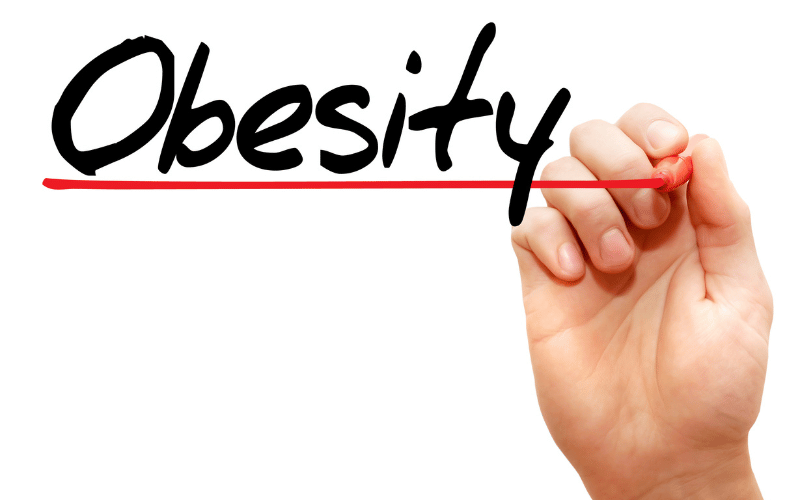9. Obesity: The Weight of GERD on Your Shoulders

The link between obesity and GERD is heavy in more ways than one. Excess weight, particularly around the belly, puts additional pressure on the stomach. In turn, this pressure can force stomach acid up, defying gravity and the lower esophageal sphincter to create a burning sensation in your throat.
That’s not the end of the story, though. Fat tissues produce a range of bioactive substances that can mess with your body’s physiology. Some of these substances may actually prompt the stomach to produce more acid or make the esophagus more susceptible to damage from acid.
Let’s dig a bit deeper. Obesity often coincides with a diet high in processed foods, fats, and sugars. These kinds of foods can independently contribute to GERD by messing with digestion and stomach acid production. So, it’s a vicious cycle: bad diet leads to obesity, which in turn leads to more GERD, further promoting poor dietary choices.
And you guessed it, exercise can help but it’s a double-edged sword. Initially, intense workouts might exacerbate GERD symptoms, but in the long run, exercise helps in shedding those extra pounds, which can relieve GERD symptoms. It’s a tough balance but one that offers hope.
With obesity, it’s not just about the extra pounds; it’s about where they accumulate. Abdominal obesity is the real villain here, the instigator that sets off a cascade of physiological events culminating in GERD. (9)